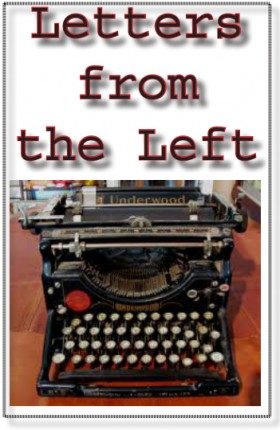
My favorite image of the Vietnam War Memorial. It reminds me of my friend, Jerry Donnellan, who served in Vietnam and was awarded three Purple Hearts.
As a newspaper reporter, I interviewed hundreds, if not thousands of people. Some of the ones who stand out most in my mind were veterans and family members.
Two — one a veteran and one the sister of a man who served — were from World War I, and they were the same age as most survivors of World War II are today.
The woman lives in northwest New Jersey and was the sister of one of the last men to fall in World War I, which, by the way, was supposed to be The War to End All Wars.
The Armistice called for an end to fighting at 11 a.m. on 11/11; her brother was shot and killed less than five minutes before it took effect, and more than 60 years later, she still wept as she recalled reading the telegram. She had felt relief when she heard the news that the war was ending — relief that her brother finally would be safe. Then the telegram came, telling her that her brother had been one of the last to fall, as though that would offer comfort.
The other World War I veteran left the US for Europe filled with excitement at being able to defend freedom, ready to kill Germans. The reality was that Germans shot back, and he watched friend after friend fall in combat. The trenches were so muddy, filthy and disease-ridden that almost as many of his friends succumbed to disease as did to bullets. He, too, wept as he recalled what war had been like.
My generation’s war was Vietnam, and since so much of it was televised, my generation turned against war — at least for a time. My friends and family members came home changed. They arrived alone, not as heroes, but as broken men in too many cases. Many died years later from the effects of Agent Orange and other toxins used in war.
My friend, Jerry Donnellan, who lost a leg in Vietnam, came home and set about living his life, starting a stage production business called Peg Leg Productions. He actually owned a “peg” prosthesis. But one day a falling light caused an explosive noise and Jerry found himself ducked between the third- and fourth-row seats, crying “Incoming!”
He went on to help start the Vietnam Veterans of America chapter in his county and to become veterans’ services coordinator for Rockland County, NY. He tended a watchfire every Memorial Day beside the Hudson River.
The people who actually serve in wars sacrifice more than the time they spend in combat. Even when they come home without physical injury, they suffer emotional trauma.
They deserve our respect, but even more, they deserve the dignity of being able to access health care and mental health care. They deserve decent, safe housing.
Veterans don’t want to hear, “thank you for your service,” with no real effort behind it to actually show appreciation for their sacrifices.
I am anti-war. I believe there are peaceful solutions and that we must have the patience to pursue them. But I live in a society that fights wars, and while I hate that, I do not hate those who have gone to fight.
So today, I thank veterans for their service and I call on our leaders to make certain those people who survive their service get everything they need to come home and live decent lives. Please, no more cuts to benefits and no more talk about turning over veterans’ health care to a private, for-profit entity. Think about what’s best for those men and women you sent to fight, not what’s best to line the pockets of your corporate friends.





